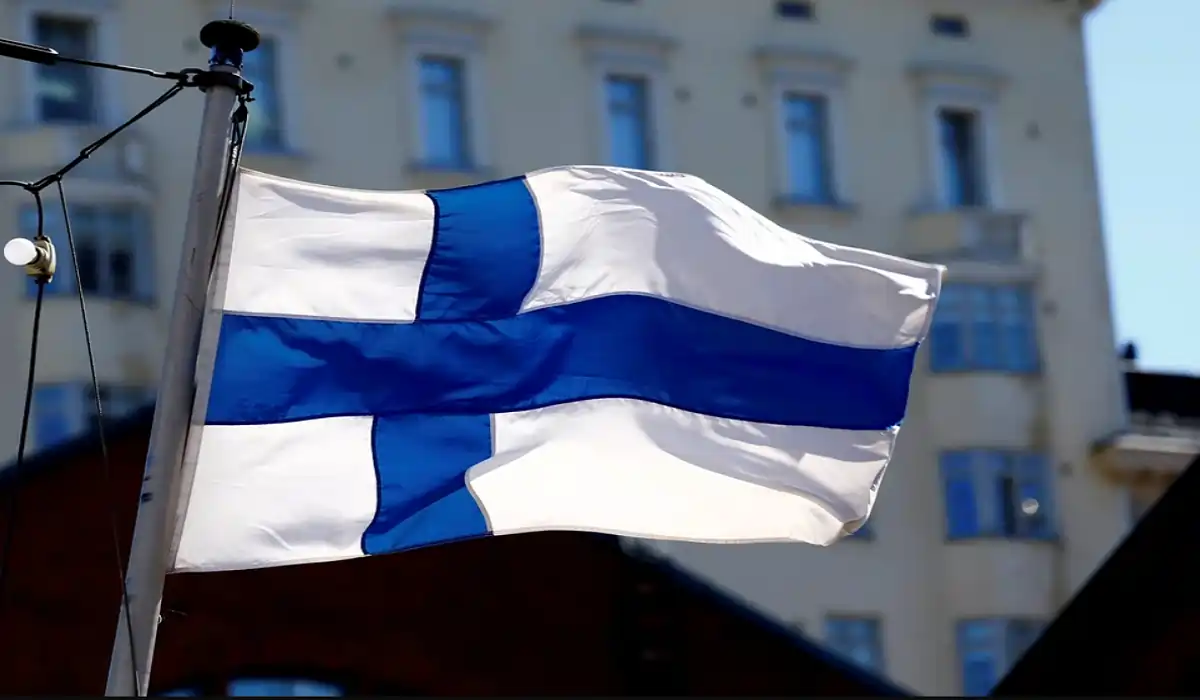Finland is recognized as the happiest country in the world, but its inhabitants are not so convinced.
The United Nations Sustainable Development Solutions Network conducts an annual survey to award the title. But there are certain issues that escape the survey and worry the people who live in the six-time champion country.

FILE PHOTO: Girls with flower garlands celebrate the summer solstice during the Midsummer Eve festival at the Seurasaari open-air museum in Helsinki, Finland. NEWSPAPER PHOTO / Heikki Saukkomaa via REUTERS/File Photo
For the sixth consecutive year, Finland ranks first in the happiness index published by the United Nations Sustainable Development Solutions Network, which annually rates well-being in countries around the world. But for the Finns, this title comes as a surprise.
The country’s high levels of social trust could be one of the reasons why they are ranked first. As the report points out, most Finns expect their wallet back if they lose it, Insider media commented.
“In Helsinki it’s completely normal to leave the baby outside, obviously with a baby monitor and if possible by the window, so you can watch the stroller while you shop or have a coffee,” said Jennifer De Paola, a Finnish social psychologist and Happiness expert who moved to Finland when she was 25.
Finns let children roam free, trust their neighbors, commune with nature and leave work on time.
But when the media asked them what they thought of the happiness report, they got a surprising answer.
“It’s not real.”
“We’re always surprised that we still come out on top,” explained Meri Larivaara, a mental health advocate. “Every year there’s a debate like, ‘How is this possible?’
Indeed, the locals Insider met with were exasperated by the survey and even annoyed by the overall perception of them as happy. Mentions of the report elicit blank stares and sighs.
“We don’t agree with it, it’s just not real to us,” said one interior designer, without revealing his name.
Part of the problem is with the survey itself, which is published by the United Nations Sustainable Development Solutions Network and written by a team of independent experts.
The data for the rankings are taken from the Gallup World Poll, a global survey that asks people to rate their lives on an imaginary scale that measures the best and worst possible life for them. Respondents rate their own lives on a scale of 0 to 10.
“The question they asked participants is how satisfied are you with your life right now. Then there is no mention of happiness,” said one of the locals.
“Happiness has more to do with emotions and the way emotions are communicated,” he commented, pointing to research in which he had studied word associations in social networks. “So smiling, being joyful, are more linked to happiness than to the concept of life satisfaction.”
“It’s sexier to call it the World Happiness Report rather than calling it the life satisfaction report.”
In fact, they do not see themselves as exceptionally happy people. And they explain that the country can become quite pessimistic.
Finns “are not so good at creating an atmosphere of optimism,” Larivaara said. But he added that pessimism and contentment can exist simultaneously.
As in many countries, Finland has seen an increase in mental health problems in adolescents during the pandemic. By spring 2021, life satisfaction had decreased among adolescents, while anxiety, depression and feelings of loneliness increased compared with 2019, according to a study in the journal Child and Adolescent Psychiatry and Mental Health, which cited Finnish research, in April.
Insider commented that they are often stereotyped as introverted and reserved.
Another negative aspect that was highlighted is the fact that Finland has an aging population. According to the Population Reference Bureau, 21.9% of the population is 65 years of age or older. The country has the third highest percentage of elderly people in the world, just behind Japan and Italy.
On the other hand, the climate has a big influence. During the winter they have very few hours of sunlight and the temperature drops to double-digit negative numbers.
But it is also true that the Finns are very happy with what they have.
“They call us and simply ask us if we like our life. We simply tell them there is nothing wrong at the moment, maybe they will call back tomorrow,” said one local about the survey.

